IVF in Thailand: A Complete Guide to Success Rates
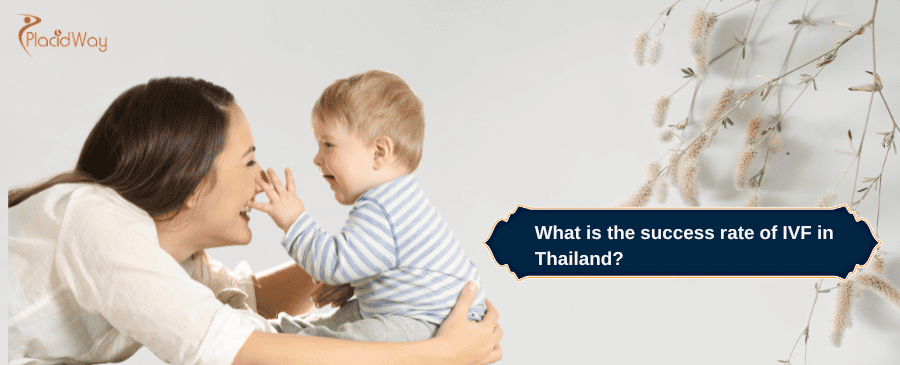
In Vitro Fertilization (IVF) offers hope for many individuals and couples struggling with infertility. Thailand has emerged as a popular destination for IVF treatment due to its combination of advanced medical facilities, experienced specialists, and competitive costs. When considering IVF in Thailand, understanding the success rates is crucial for making informed decisions. This blog post aims to provide a detailed overview of IVF success rates in Thailand, answering common questions and shedding light on the factors that influence outcomes.
What is the overall success rate of IVF in Thailand?
"The overall success rate of IVF in Thailand typically ranges from 45% to 65%, though this can vary significantly based on individual factors and the specific clinic."
Thailand's fertility clinics are increasingly recognized for their high standards and positive outcomes. Many clinics in major cities like Bangkok boast state-of-the-art technology and highly trained embryologists and reproductive specialists, often educated in Western countries. This combination contributes to competitive IVF success rates, making Thailand an attractive option for international patients seeking quality care at a more affordable price than in many Western nations. It's important to remember that this general range represents an average across all age groups and various infertility causes.
How does age affect IVF success rates in Thailand?
"A woman's age is the most significant factor influencing IVF success rates, with younger women generally having higher chances of success."
For women under 35, IVF success rates in Thailand are often reported in the range of 45-55%, and sometimes even higher. As women age, the quality and quantity of their eggs naturally decline, which directly impacts the likelihood of successful fertilization and embryo development.
- For women aged 35-37, the success rates tend to be around 35-45%.
- For women aged 38-40, the rates typically fall to 25-35%.
- For women over 40, IVF success rates can be 15-25% or even lower, depending on the individual's ovarian reserve and overall health. This age-related decline underscores the importance of seeking fertility evaluation and treatment sooner rather than later if you are concerned about your fertility.
What factors, besides age, influence IVF success rates?
"Beyond age, IVF success rates are influenced by the cause of infertility, embryo quality, previous pregnancy history, clinic expertise, and lifestyle factors."
Several interconnected factors play a crucial role in determining the outcome of IVF treatment. Understanding these can help patients have realistic expectations and make informed choices.
- Cause of Infertility: The underlying reason for infertility can significantly impact success. For example, cases of unexplained infertility, certain male factor infertility issues, or blocked fallopian tubes may have different prognoses compared to complex conditions like severe endometriosis or diminished ovarian reserve.
- Embryo Quality: The quality of the embryos developed in the laboratory is paramount. High-quality embryos are more likely to implant successfully and lead to a live birth. Clinics often use advanced techniques, like blastocyst transfer (transferring embryos at a more developed stage) and preimplantation genetic testing (PGT), to select the healthiest embryos.
- Previous Pregnancy History: A history of previous successful pregnancies, even if conceived naturally, can be a positive indicator for IVF success. Conversely, a history of recurrent miscarriages or failed IVF cycles might suggest underlying issues that need to be addressed.
- Clinic Expertise and Technology: The experience of the medical team, the quality of the laboratory facilities, and the use of cutting-edge technology are vital. Reputable clinics in Thailand invest in advanced equipment and have highly skilled embryologists and reproductive specialists who can optimize every step of the IVF process.
- Lifestyle Factors: Habits such as smoking, excessive alcohol consumption, obesity, and extreme stress can negatively impact fertility and IVF outcomes. Clinics often advise patients to adopt a healthy lifestyle, including a balanced diet and regular exercise, to improve their chances of success.
Does the type of IVF procedure affect the success rate?
"Yes, specialized IVF procedures like ICSI, PGT, and using donor eggs can influence IVF success rates."
While conventional IVF involves combining sperm and eggs in a dish for fertilization, other techniques can be incorporated to address specific infertility challenges.
- ICSI (Intracytoplasmic Sperm Injection): This procedure involves directly injecting a single sperm into each egg. It is particularly beneficial in cases of male factor infertility, such as low sperm count or poor sperm motility. ICSI generally leads to higher fertilization rates, indirectly contributing to higher IVF success rates by creating more embryos for selection.
- PGT (Preimplantation Genetic Testing): PGT involves screening embryos for chromosomal abnormalities (PGT-A) or specific genetic disorders (PGT-M) before transfer. This can significantly increase IVF success rates, especially for older women or those with a history of recurrent miscarriages or failed IVF cycles, by ensuring only chromosomally normal embryos are transferred.
- Donor Eggs/Sperm: For individuals or couples facing issues with egg or sperm quality due to age, genetic factors, or other reasons, using donor eggs or sperm can dramatically improve IVF success rates. IVF with donor eggs, for instance, often yields much higher success rates, sometimes exceeding 70-75%, as the donor eggs typically come from young, healthy individuals.
What is the success rate of IVF with donor eggs in Thailand?
"The IVF success rate with donor eggs in Thailand is significantly higher, often ranging from 70% to 75% or more, due to the young age and proven fertility of the egg donors."
When a woman uses donor eggs, the primary age-related factor that impacts egg quality is removed, leading to much improved success rates. Thai clinics often have comprehensive donor programs with thoroughly screened donors, further enhancing the chances of a successful pregnancy. This option provides a strong alternative for women who may have diminished ovarian reserve, recurrent IVF failures with their own eggs, or are of advanced maternal age.
What is the cost of IVF in Thailand, and how does it compare to other countries?
"The cost of IVF in Thailand typically ranges from $3,000 to $7,500 per cycle, which is significantly lower than in Western countries like the US, UK, or Australia."
Thailand is renowned for offering high-quality medical services at a fraction of the cost found in many developed nations. While the average cost of a single IVF cycle in Thailand can be between $3,000 and $7,500, similar treatments in the US might cost upwards of $15,000 to $20,000 per cycle, excluding medications. This affordability, combined with competitive IVF success rates, makes Thailand a compelling choice for medical tourism related to fertility treatment. The cost usually includes initial consultation, ovarian stimulation medications, egg retrieval, laboratory fertilization, and embryo transfer, though additional services like PGT or embryo freezing might incur extra charges.
How many IVF cycles are typically needed for success?
"While some couples achieve success in their first IVF cycle, many may require multiple cycles to achieve a live birth."
The number of cycles needed for success varies greatly depending on individual circumstances, including age, the cause of infertility, and the quality of embryos. While a live birth rate of 50-60% per cycle for younger women is promising, it also means that not every attempt will result in pregnancy. Many clinics offer multi-cycle packages, which can be a more cost-effective option for couples who anticipate needing more than one attempt. It's common for couples to undergo two to three cycles to maximize their chances of success.
Are there any specific clinics in Thailand known for high IVF success rates?
"Several clinics in Thailand, such as Genea IVF and Genetics and Takara IVF Bangkok, are well-regarded for their IVF success rates and advanced facilities."
Thailand has a robust network of fertility clinics, particularly in Bangkok, that are accredited by international organizations and employ highly skilled medical professionals. These clinics often publish their success rates, which can be a helpful guide, though it's important to interpret these statistics carefully, considering the patient demographics they treat. When choosing a clinic, looking for accreditation, experienced specialists, positive patient reviews, and transparent communication about their success rates and treatment protocols is recommended.
What should I look for in an IVF clinic in Thailand to ensure a high success rate?
"To ensure a high IVF success rate in Thailand, look for clinics with international accreditations, experienced reproductive endocrinologists and embryologists, transparent success rate reporting, advanced laboratory facilities, and comprehensive patient support."
Choosing the right clinic is a critical step in the IVF journey. Here are some key aspects to consider:
- Accreditation and Certifications: Look for clinics with international accreditations like JCI (Joint Commission International), which indicates adherence to global healthcare standards.
- Experienced Team: Verify the qualifications and experience of the reproductive endocrinologists, embryologists, and support staff. A seasoned team contributes significantly to better outcomes.
- Transparent Success Rates: Reputable clinics should be willing to share their IVF success rates, broken down by age group and type of treatment. Be wary of clinics that claim unusually high success rates without supporting data.
- Advanced Laboratory: The embryology laboratory is the heart of an IVF clinic. Ensure it has state-of-the-art equipment, strict quality control measures, and experienced embryologists.
- Comprehensive Services: A good clinic offers a full range of fertility services, including genetic testing, egg/sperm/embryo freezing, and options for donor programs if needed.
- Personalized Treatment Plans: Each patient's situation is unique. A good clinic will offer personalized treatment plans tailored to your specific diagnosis and needs, rather than a one-size-fits-all approach.
- Patient Support: IVF can be an emotional journey. Look for clinics that offer counseling, support groups, or a dedicated patient coordinator to guide you through the process.
What are the potential risks associated with IVF treatment?
"While generally safe, IVF treatment carries potential risks such as Ovarian Hyperstimulation Syndrome (OHSS), multiple pregnancies, ectopic pregnancy, and rarely, complications from egg retrieval or anesthesia."
It's important for patients to be aware of the potential risks, though serious complications are uncommon.
- Ovarian Hyperstimulation Syndrome (OHSS): This condition occurs when the ovaries overreact to fertility medications, leading to swelling and pain. Mild cases are common, but severe OHSS can be serious, requiring medical attention. Clinics closely monitor patients to minimize this risk.
- Multiple Pregnancies: IVF increases the likelihood of conceiving twins, triplets, or more, especially when multiple embryos are transferred. Multiple pregnancies carry higher risks for both the mother and babies, including premature birth and low birth weight. Many clinics now advocate for single embryo transfer to reduce this risk.
- Ectopic Pregnancy: This occurs when a fertilized egg implants outside the uterus, usually in the fallopian tube. IVF carries a slightly higher risk of ectopic pregnancy than natural conception.
- Complications from Egg Retrieval: Though rare, risks include bleeding, infection, or damage to surrounding organs during the needle aspiration.
- Anesthesia Risks: As with any procedure involving anesthesia, there are minor risks, but these are generally very low with modern anesthetic practices.
How long does an IVF cycle typically take in Thailand?
"A single IVF cycle in Thailand typically takes between two to three weeks from the start of ovarian stimulation to embryo transfer, with subsequent waiting periods for pregnancy testing."
The entire process begins with an initial consultation and evaluation, which may involve diagnostic tests. Once a treatment plan is established, the active phase usually unfolds as follows:
- Ovarian Stimulation (10-14 days): Medications are administered to stimulate the ovaries to produce multiple eggs.
- Egg Retrieval: A minor surgical procedure to collect the eggs, usually performed under light sedation.
- Fertilization and Embryo Culture (3-5 days): Eggs are fertilized with sperm in the lab, and the resulting embryos are monitored as they develop.
- Embryo Transfer: One or more selected embryos are transferred into the woman's uterus.
- Two-Week Wait: A period of waiting before a pregnancy test can confirm success. International patients often plan for a stay of around 3-4 weeks in Thailand to accommodate the entire cycle and follow-up appointments.
Is IVF in Thailand covered by insurance?
"Generally, IVF treatment in Thailand is not covered by international health insurance plans unless specifically stated as part of a comprehensive fertility benefit."
Most international health insurance policies do not cover fertility treatments, especially those undertaken abroad. Patients are usually responsible for the full cost of IVF in Thailand. It is crucial to check with your insurance provider beforehand to understand your coverage, if any. Many clinics in Thailand offer transparent pricing and package deals, but it's always advisable to clarify all potential costs, including medications, additional procedures, and follow-up care.
What is the process for international patients seeking IVF in Thailand?
"International patients seeking IVF in Thailand typically begin with remote consultations, followed by travel for the active treatment phase, and return home for follow-up care."
The process is generally streamlined for international patients:
- Initial Consultation and Evaluation (Remote): Many clinics offer online consultations where you can discuss your medical history, undergo an initial assessment, and receive a preliminary treatment plan. You may need to send relevant medical records and test results.
- Travel to Thailand: Once the treatment plan is confirmed, you will travel to Thailand for the active IVF cycle. Clinics often assist with travel arrangements, accommodation, and local transportation.
- On-site Treatment: This involves ovarian stimulation, egg retrieval, fertilization, and embryo transfer, as outlined in the treatment plan. You will have regular appointments for monitoring and procedures.
- Recovery and Follow-up: After embryo transfer, a short recovery period is recommended before returning home. Post-treatment care and pregnancy testing can often be coordinated with your local healthcare provider.
- Language and Cultural Support: Many Thai clinics catering to international patients have multilingual staff and offer services to help with cultural adaptation and communication.
For those considering IVF in Thailand and exploring various healthcare solutions, PlacidWay can be a valuable resource. PlacidWay connects patients with leading medical providers worldwide, offering comprehensive information and support for medical tourism, including fertility treatments and other specialized healthcare services. Explore PlacidWay today to discover how they can assist you in your journey.


.png)





.png)


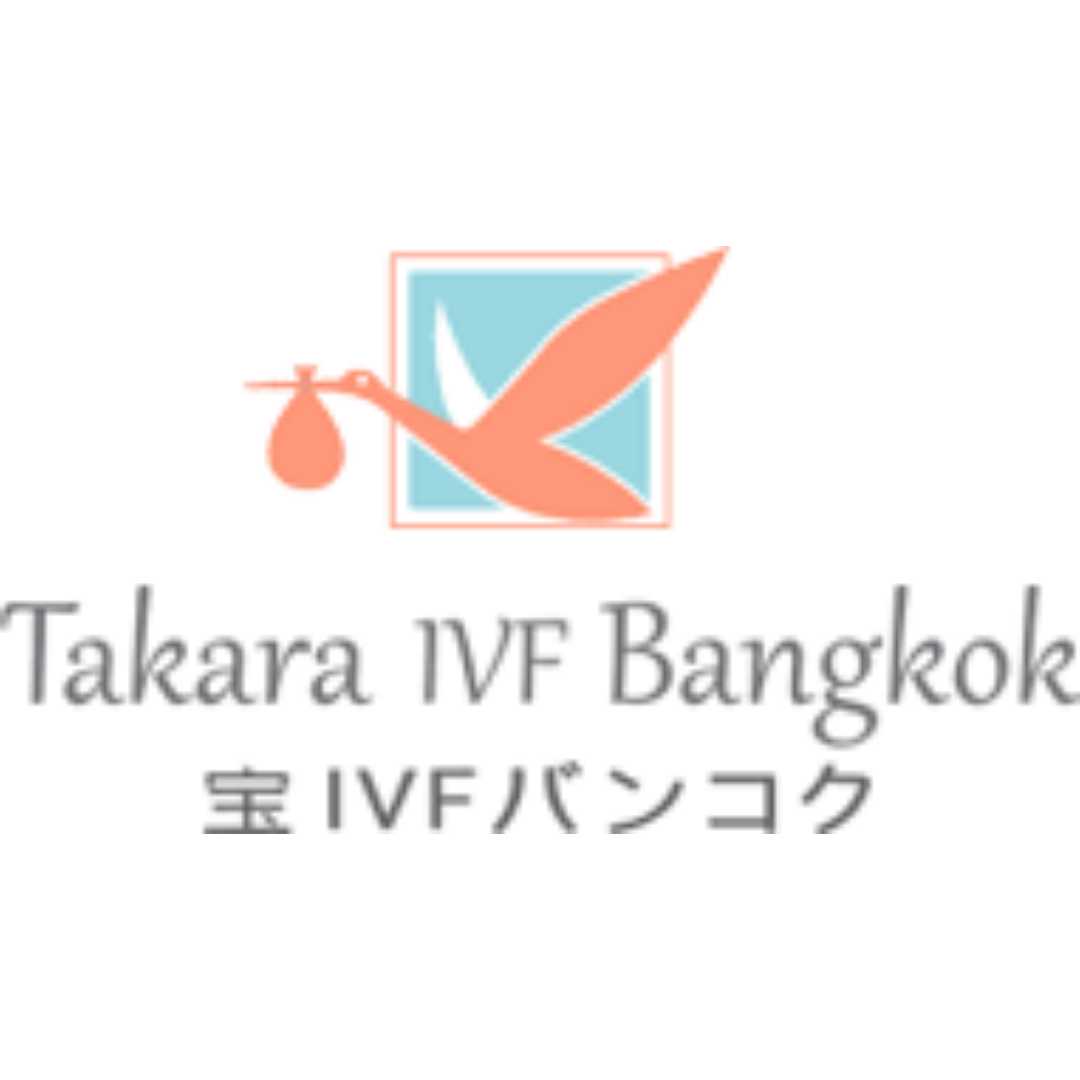
.png)
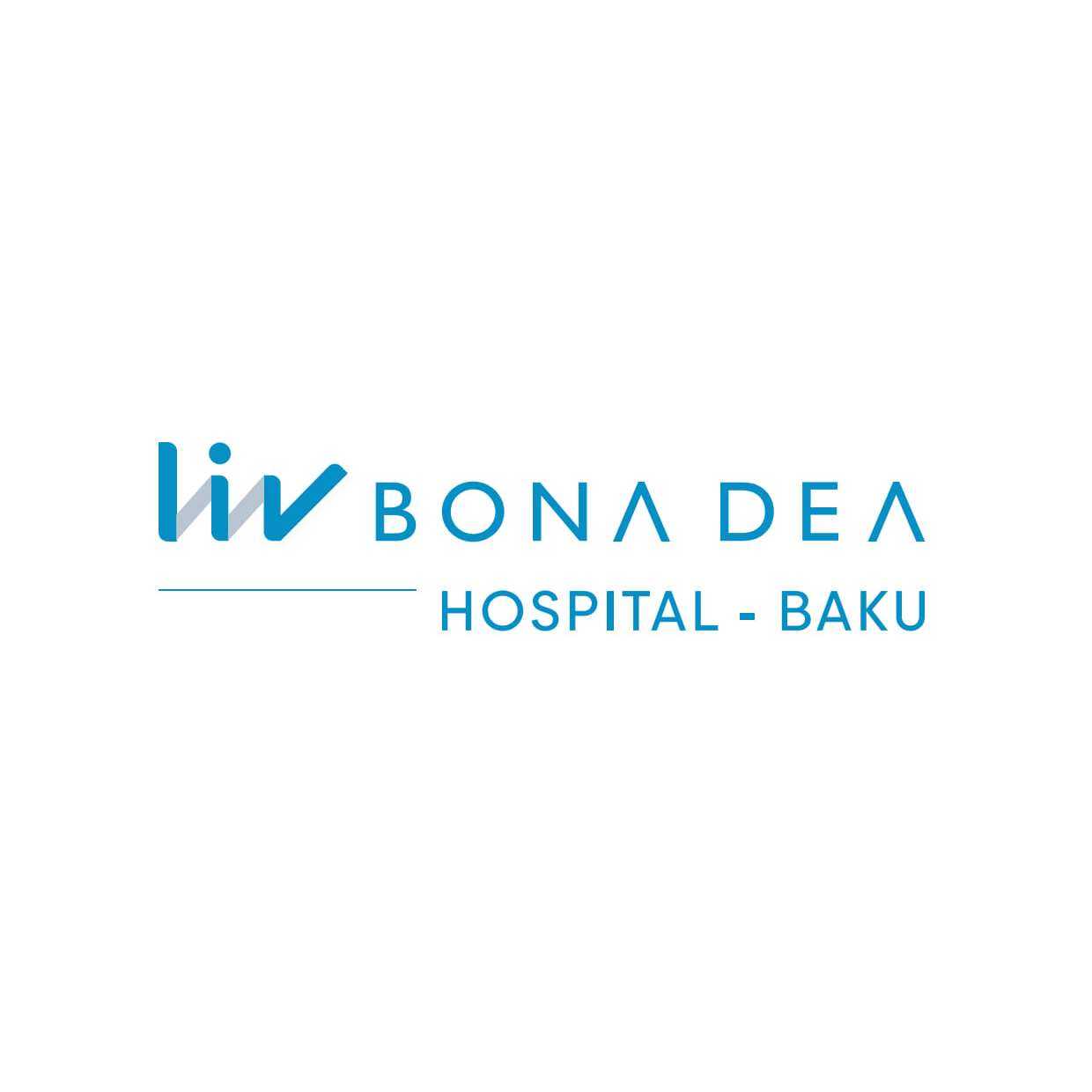
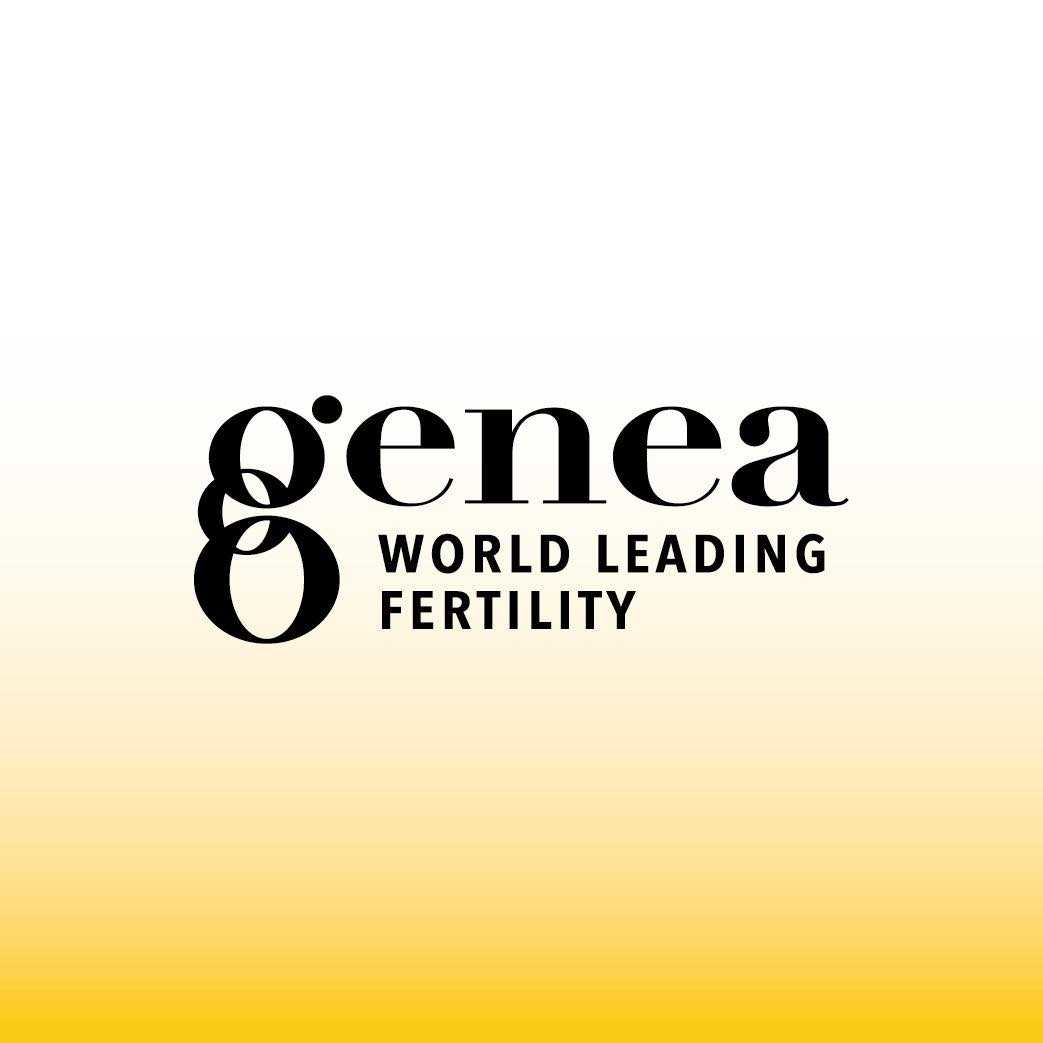
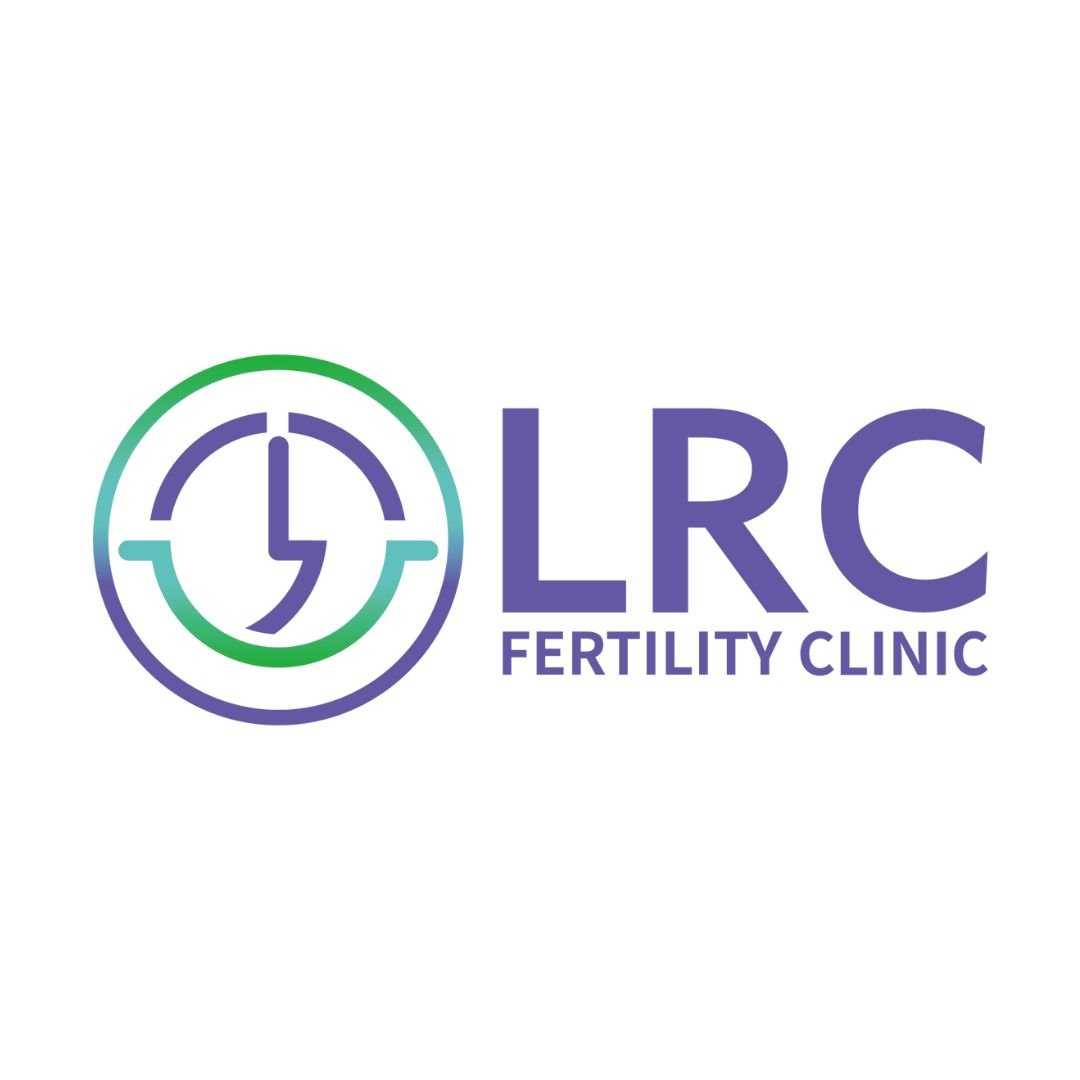

Share this listing